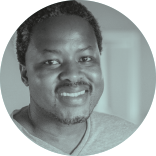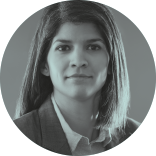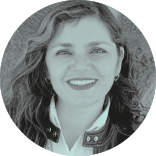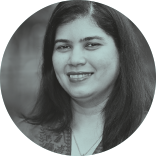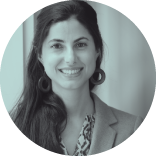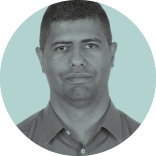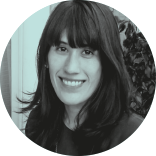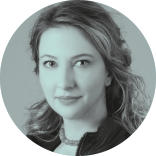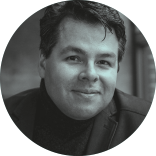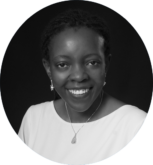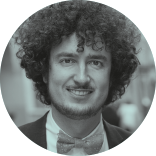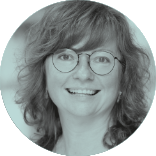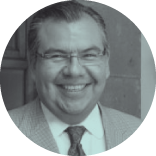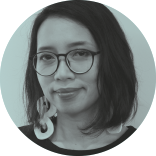Advisory Council
Advisory Council
The Advisory Council is the central decision-making body of the Global Diplomacy Lab. It is composed of representatives of all key players in the GDL universe: the Elected Members to the Advisory Council (EAC) represent the members, Leading Partners , the Dean and the Secretariat. Meeting at eye level, they decide together on the aims, concept, planning and running of GDL events, as well as on the choice of GDL members from the Leading Partners’ networks.
To ensure the members’ voices, are heard and passed on to the Advisory Council, GDL members elect four of their fellow members to represent their ideas and concerns. These four members then make up the EAC. The term for EAC is two years, but to ensure that no knowledge is lost, their terms are staggered. As a result, only two of the four EAC are elected anew per year.
The five Leading Partners, coming from both the public and private sector – the German Federal Foreign Office, Slovenian Ministry of Foreign and European Affairs, international alumni center (iac), BMW Foundation Herbert Quandt and German-American Fulbright Commission – have a seat each at the Advisory Council.
They bring in members, knowledge from their own networks, advise and have a vote in all strategic decision-making processes. By becoming a partner of the GDL, they have access to and benefit from the network’s unusual partnerships. Though diverse in nature, all partners are united in their belief in Diplomacy 4.0.
Since March 2023, Dirk Brengelmann, former ambassador and NATO functionary, is the Dean of the Global Diplomacy Lab. He serves as an advisor and mentor to the GDL members, drawing on his vast experience as a diplomat. He is a figurehead of the network and represents innovative diplomacy on behalf of the GDL in the world of traditional diplomacy. Founding Dean Ruprecht Polenz, former politician and MP, shaped and guided the Global Diplomacy Lab for eight years from its conceptualisation until his retirement.
